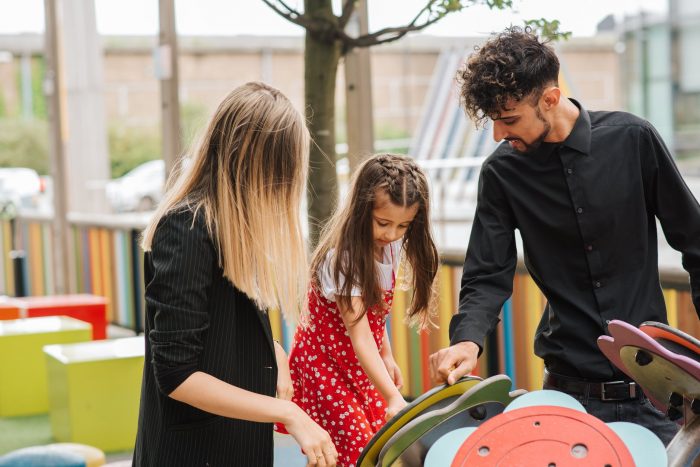Parents, you’re always trying to sneak healthy foods into your kids’ diet. How about also sneaking some learning into their summer to help make up for education gaps created by the pandemic? There are activities that are easy for you and a treat for them!
“Summer is a great time for children to explore new interests and reduce the pressure of grades or peer comparison. Learning can be fun and doesn’t need to be high stakes,” observes educational psychologist Melissa Duffy, Ph.D. “When learners feel interested and enjoy an activity, they are more likely to engage, so it’s useful to think about ways to appeal to their curiosity.”
Fill specific education gaps with 5-minute micro-learning sessions
One helpful shortcut to keep kids interested in learning is to utilize an online platform such as Study.com that offers engaging, four- to six-minute animated educational videos taught by subject matter experts. Duffy says short lessons can help focus their attention and avoid information overload if your child is struggling with a specific subject. “A useful approach is chunking lessons into smaller units and spacing them over time. One strategy is to revisit lessons or topics multiple times over the summer rather than all at once,” she advises.
Additional ways to sneak learning into summertime fun
Duffy offers up more tips for keeping kids engaged during summer vacation and kicking boredom to the curb:
- Combine informal learning with real-world experiences. “Take your child to a national or state park, an outdoor exhibit, camping or hiking to learn more about wildlife or conservation efforts. Depending on the child’s age, consider adding another layer to the experience by embedding mobile learning or augmented reality apps to learn about the history of a location or plant identification.”
- Give your children some choice over what they are learning. This may help them feel like learning is not like school work. “What types of activities do your children enjoy? Are there certain books they like to read or topics they gravitate toward? Help them explore their natural curiosities.”
- Use play or game-based activities. Something as simple as an impromptu scavenger hunt will get kids moving, and encourage them to practice their reading and observational skills. “This is a great way to involve them and boost their feelings of confidence about different activities when they return to the classroom. Even exploring a garden in the backyard can be an opportunity to learn. Parents can encourage their child to ask questions about what they are observing and then engage in an investigative process to find answers and practice thinking like a scientist.”
Duffy suggests that parents of younger children also look for recreational activities and hands-on projects that could help develop children’s motor skills at the same time as they are learning concepts. “We can stretch our idea of learning by thinking about cognitive, social, emotional, and physical development,” she explains.
Biography: Melissa Duffy, Ph.D.
Melissa Duffy is an assistant professor in the Department of Educational Studies at the University of South Carolina. She received her PhD from McGill University in Educational Psychology. Her research focuses on the intersection between motivation, emotion, and cognition in learning and performance across a variety of educational environments. She studies factors such as achievement motivation, learner beliefs, academic resilience, emotion regulation, and self-regulated learning. In her research, she has examined the impact of achievement goals on learning within intelligent tutoring systems; relations between student beliefs and learning strategies, and how negative and positive emotions relate to performance during simulation training. Dr. Duffy’s research often involves mixed methods and the use of learning technologies to support and measure learning.











Read 0 comments and reply